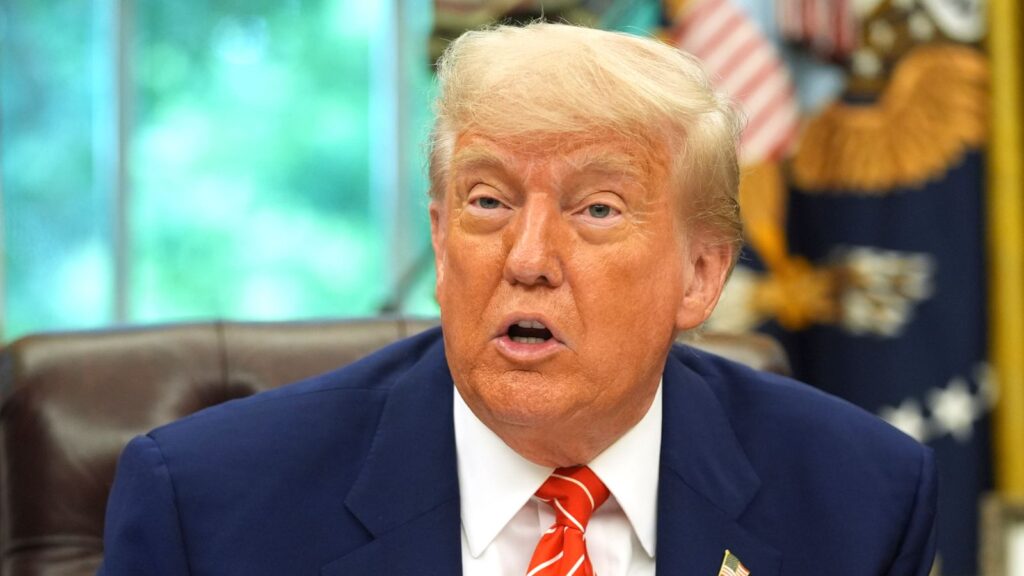In a bid to alleviate the ongoing trade tensions between the US and China, President Donald Trump has suggested reducing US trade tariffs against China to 80%. This proposal comes ahead of crucial peace talks between the two nations, set to take place in Switzerland. The impending meeting, involving high-ranking officials from both sides, is anticipated to mitigate the adverse impacts of the trade war on the global economic landscape.
The decision on the tariff reduction will rest with Scott Bessent, the US treasury secretary leading the American delegation at the upcoming talks in Geneva. Currently, tariff levels stand at 125% on US imports to China and 145% on Chinese goods entering the US, effectively imposing a trade embargo due to the exorbitant duties. The announcement of talks has been met with optimism in financial markets, with the anticipation of a de-escalation in trade tensions prompting a rise in the dollar and global stocks.
The ramifications of the trade war have already begun to manifest in both economies, with the US experiencing economic contraction in the first quarter, partly attributed to fears of escalating trade hostilities. China, too, is feeling the effects, as evidenced by the recent measures taken by its central bank to stimulate lending and support manufacturing. As the discussions approach, all eyes are on the outcome, with hopes that a resolution will not only ease trade tensions but also positively impact economic activity and prices, particularly in China’s battle against deflation.China has signaled its readiness for dialogue, emphasizing the importance of global expectations, Chinese interests, and the concerns of US businesses and consumers in seeking a breakthrough. Vice Premier He Lifeng leads China’s delegation, recognized for his adept negotiation skills, underscoring the significance of these upcoming talks in shaping the future of US-China trade relations.

